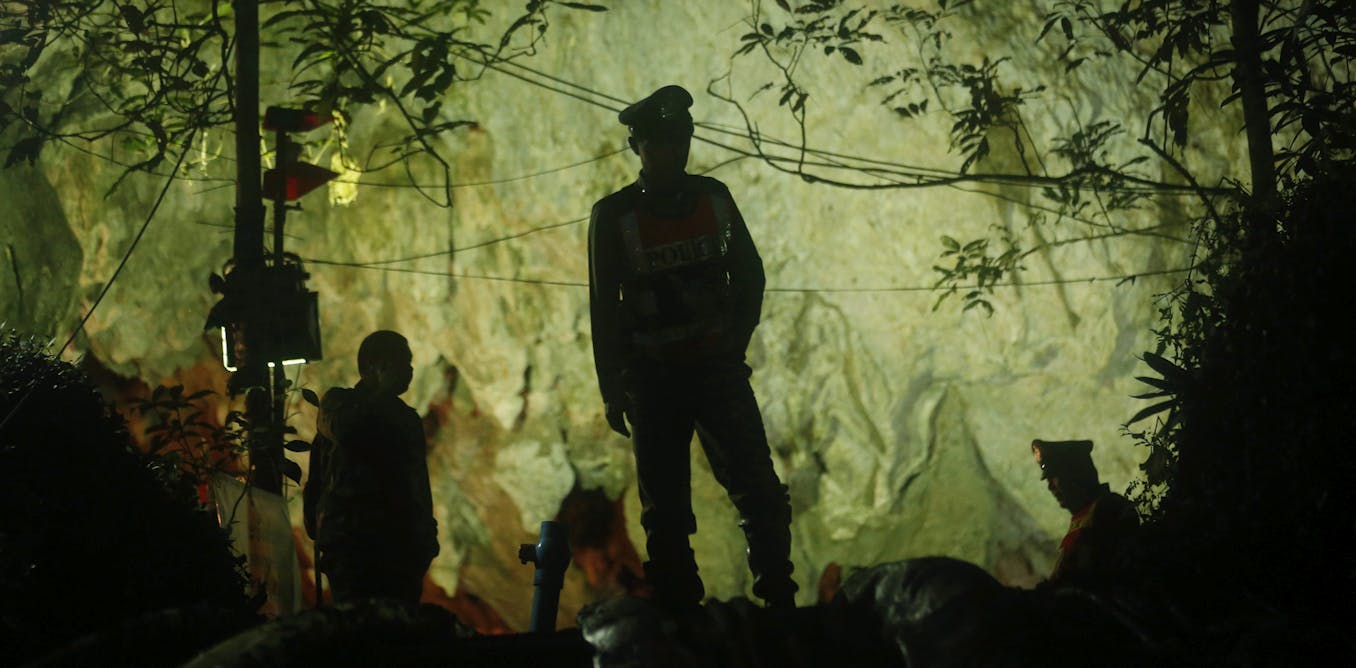daftandbarmy
Army.ca Fossil
- Reaction score
- 44,294
- Points
- 1,160
Are you cultivating enough 'Rudolph Leadership' in your organization?
In our study, we coined the term the “Rudolph Effect” to describe how outcasts and unconventional individuals can become key leaders when given opportunities. Like Rudolph the Red-Nosed Reindeer, the term’s namesake, these leaders can guide their teams through extreme situations effectively, using skills and perspectives that traditional leaders might not possess.
Unconventional and trustworthy helpers can transform into leaders, leveraging their unique skills, knowledge and social capital to manage extreme situations. But this transformation is only possible if they have the chance to demonstrate their abilities.
The need for these unique leaders isn’t limited to extreme situations. By highlighting an extreme example, we aim to show that managers should create more opportunities for unconventional thinkers to contribute, even in day-to-day situations.
Managers should identify and nurture leadership potential in individuals from diverse backgrounds and experiences. By doing this, organizations can not only improve their ability to handle crises, but also widen their pool of potential leaders. This diversity strengthens companies, making them more resilient and adaptable when facing unexpected challenges.
This case study serves as a reminder for managers to constantly reassess and adjust their resources to achieve their goals. In tough situations, it can be beneficial to bring in leaders who think outside the box.
Managers should be aware of the unique skills and connections within their teams to identify these unconventional leaders during their risk planning. They should also have backup plans ready in case initial solutions prove ineffective.

 theconversation.com
theconversation.com
In our study, we coined the term the “Rudolph Effect” to describe how outcasts and unconventional individuals can become key leaders when given opportunities. Like Rudolph the Red-Nosed Reindeer, the term’s namesake, these leaders can guide their teams through extreme situations effectively, using skills and perspectives that traditional leaders might not possess.
Unconventional and trustworthy helpers can transform into leaders, leveraging their unique skills, knowledge and social capital to manage extreme situations. But this transformation is only possible if they have the chance to demonstrate their abilities.
The need for these unique leaders isn’t limited to extreme situations. By highlighting an extreme example, we aim to show that managers should create more opportunities for unconventional thinkers to contribute, even in day-to-day situations.
Managers should identify and nurture leadership potential in individuals from diverse backgrounds and experiences. By doing this, organizations can not only improve their ability to handle crises, but also widen their pool of potential leaders. This diversity strengthens companies, making them more resilient and adaptable when facing unexpected challenges.
This case study serves as a reminder for managers to constantly reassess and adjust their resources to achieve their goals. In tough situations, it can be beneficial to bring in leaders who think outside the box.
Managers should be aware of the unique skills and connections within their teams to identify these unconventional leaders during their risk planning. They should also have backup plans ready in case initial solutions prove ineffective.

What the Thai cave rescue can teach us about unconventional leadership
In moments of crisis, unconventional leaders can make all the difference. Exploring their crucial role can redefine how we view leadership and crisis management.
 theconversation.com
theconversation.com


